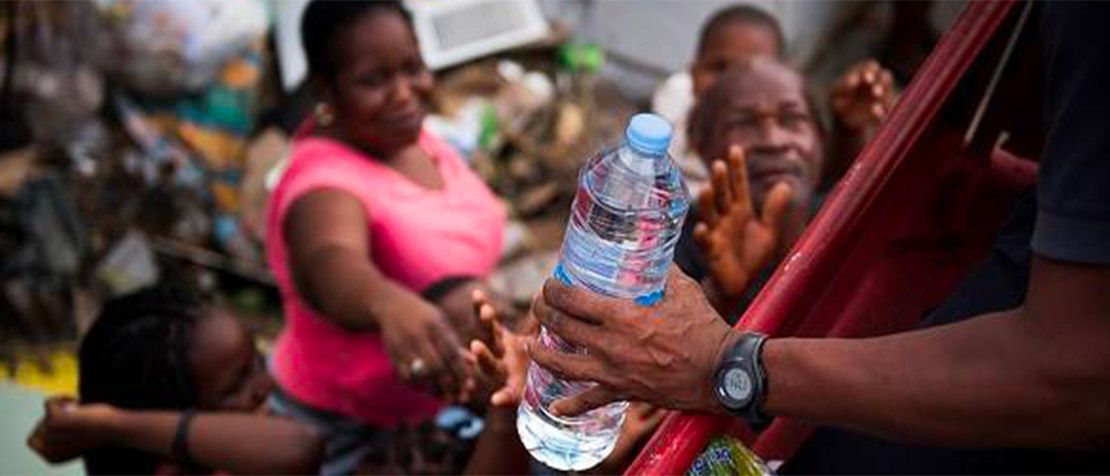
Why ITU is joining the Crisis Connectivity Charter: Doreen Bogdan-Martin
*The text below is adapted from remarks I delivered today at a signing ceremony for ITU joining the Crisis Connectivity Charter.
Disasters kill at least one million people each decade and leave millions more homeless. Between 2016 and 2017, more than 300 million people around the world were directly affected by natural catastrophes.
When disasters strike, they have an immediate and devastating effect on the lives of people.
For those living in remote and isolated areas, the impact can be even more acute, with total loss of access to the most basic facilities, including the information and communication services on which first-responders rely to coordinate relief efforts, and on which families rely to check the safety of their loved ones.
To put it simply, in disaster and emergency situations, telecommunications save lives.
ITU’s long-standing role in emergency communications
As the UN specialized agency for information and communication technology, ITU has been a long-standing advocate for more effective use of technology in disaster relief efforts, and an important player in disaster response.
Back in 1998, with the adoption of the ground-breaking Tampere Convention on cross-border movement of telecommunications resources in and out of disaster areas, we helped shape the first life-saving global treaty providing the legal framework for the timely and easy deployment of communication equipment during humanitarian crises.
My own Bureau’s Emergency Telecommunications team works to deploy emergency telecommunications equipment to disaster-affected countries to restore vital communication links for rescue and relief operations.
Helping in recent disasters
Already this year we have assisted Mozambique, the Solomon Islands, Fiji, and Zimbabwe. And of course, just last week we rushed satellite phones and network equipment to the Bahamas, in the wake of the shocking destruction wrought by Hurricane Dorian.
Hurricane Dorian: ITU sends emergency telecoms assistance to the Bahamas
I would like to recognize the outstanding support of our partners from the satellite industry, whose commitment has been essential in allowing us to provide these vital services to disaster-hit areas.
At ITU we are unique among UN agencies in counting some 900 companies, universities, and international and regional organizations. That means we are in a strong position to collaborate very effectively with our satellite sector members and other organizations developing technologies with direct application in disaster response.
Related: Cyclone Idai: ITU sends emergency telecoms assistance to Southern Africa
We are also proud to serve as an active member of the ETC – the Emergency Telecommunication Cluster − led by the World Food Programme. This is a global network of organizations, industry and public sector members that provides shared communications services in emergency situations. We are committed to aligning our efforts even more closely with the ETC, and to supporting its important work in any way we can.
ITU joins the Crisis Connectivity Charter
To further support the work and improve coordination with the satellite and the humanitarian community, ITU has been invited to join the Crisis Connectivity Charter as a principle signatory.
The Charter is a mechanism created between the satellite industry and the wider humanitarian community to make satellite-based communications more readily available to humanitarians and affected communities in times of disaster.
Joining this Charter will allow us not only to improve our coordination of response at times of crisis, but also improve our preparedness to respond, by engaging relevant national authorities to facilitate provision of communications equipment and training prior to disasters.
I commend the EMEA Satellite Operator’s Association and the Global VSAT Forum, along with the UN Office for the Coordination of Humanitarian Affairs and the World Food Programme, for having pioneered this unique and outstanding initiative.
This Charter already stands as a major landmark in improved cooperation and coordination between the UN, the satellite industry, local governments, NGOs and the broader humanitarian community, and ITU is very proud to join as a new member of this family.
PHOTO: MARTIN BUREAU/AFP/Getty Images)
